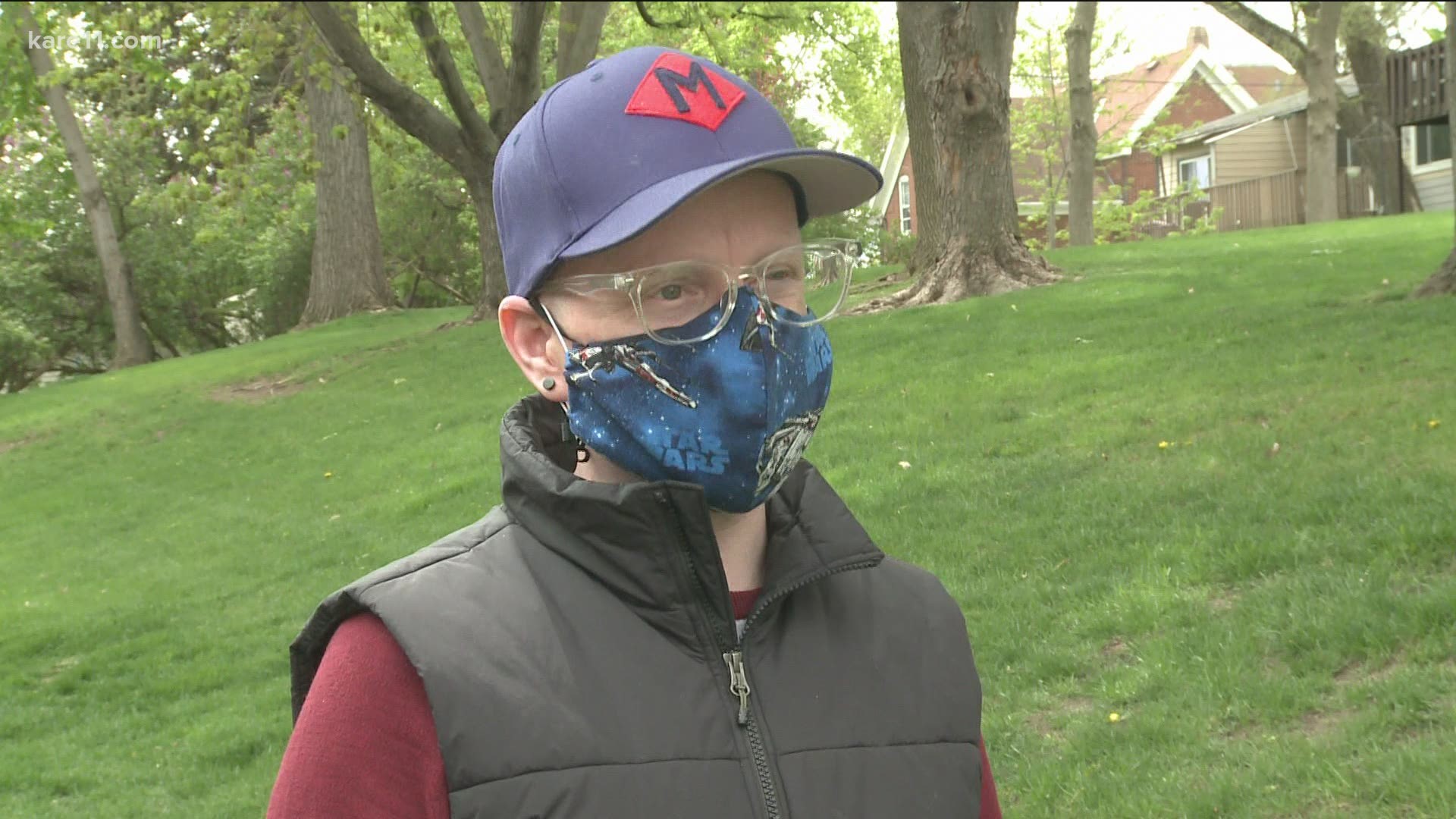SOUTH ST PAUL, Minn. — A new study finds the Moderna and Pfizer vaccines that protect people against COVID-19 may not work well for solid organ transplant patients. In fact, the study from Johns Hopkins University found some patients can develop little to no immunity after the first dose.
Steve Romenesko from South St. Paul participated in the study that included 650 patients like him. The 32-year-old has rarely left his home since the pandemic started due to a degenerative liver disease. He had his first liver transplant when he was 14, a second at 25.
"This summer might be scarier than last summer with restrictions being pulled back and people going back to 'normal,', but things are kind of the same for us," said Romenesko.
The study was researching whether transplant patients developed an antibody response to the vaccines. Like Romenesko, 46% of participants didn't develop any after the first shot.
University of Minnesota Medical School professor, Dr. Susan Kline, called that "concerning". She said it proves that some people are still vulnerable after being vaccinated.
"Someone who doesn't have the antibodies, it takes the body a longer time to mount that immune response. That gives the virus a chance to make new viruses inside the body and that makes people sick," said Dr. Kline.
The research also shows half of the participants did develop about 50% of immunity after the second dose. But remember, the average person can expect about 95% immunity.
Still, doctors recommend transplant patients get a vaccine.
"It gives you significantly better protection than if you had never been vaccinated,'' said Dr. Kline.
Romenesko is fully vaccinated, but says some of his medications, called anti-rejection drugs, impact his immunity levels.
"It does look like the results of this study show that certain anti-rejection drugs seem to blunt the formation of the antibody formation more than others," said Dr. Kline, who highly suggests talking to your doctor about whether you should adjust those medications if you're considering the COVID-19 vaccines.
Romenesko said doctors are also weighing whether patients like him should get a third shot and he's considering working from home full-time, along with asking the community to help keep people with disabilities like him safe.
"The world is a heck of a lot scarier than it used to be a for a lot of us so getting that protection for the other people around you is super important," he said. "I have no clue what the rest of my life looks like."
According to LifeSource, a nonprofit that tracks organ donation, there are 3,069 people in Minnesota and the Dakotas waiting for a transplant. About 70% of adults in Minnesota are also registered as donors.

